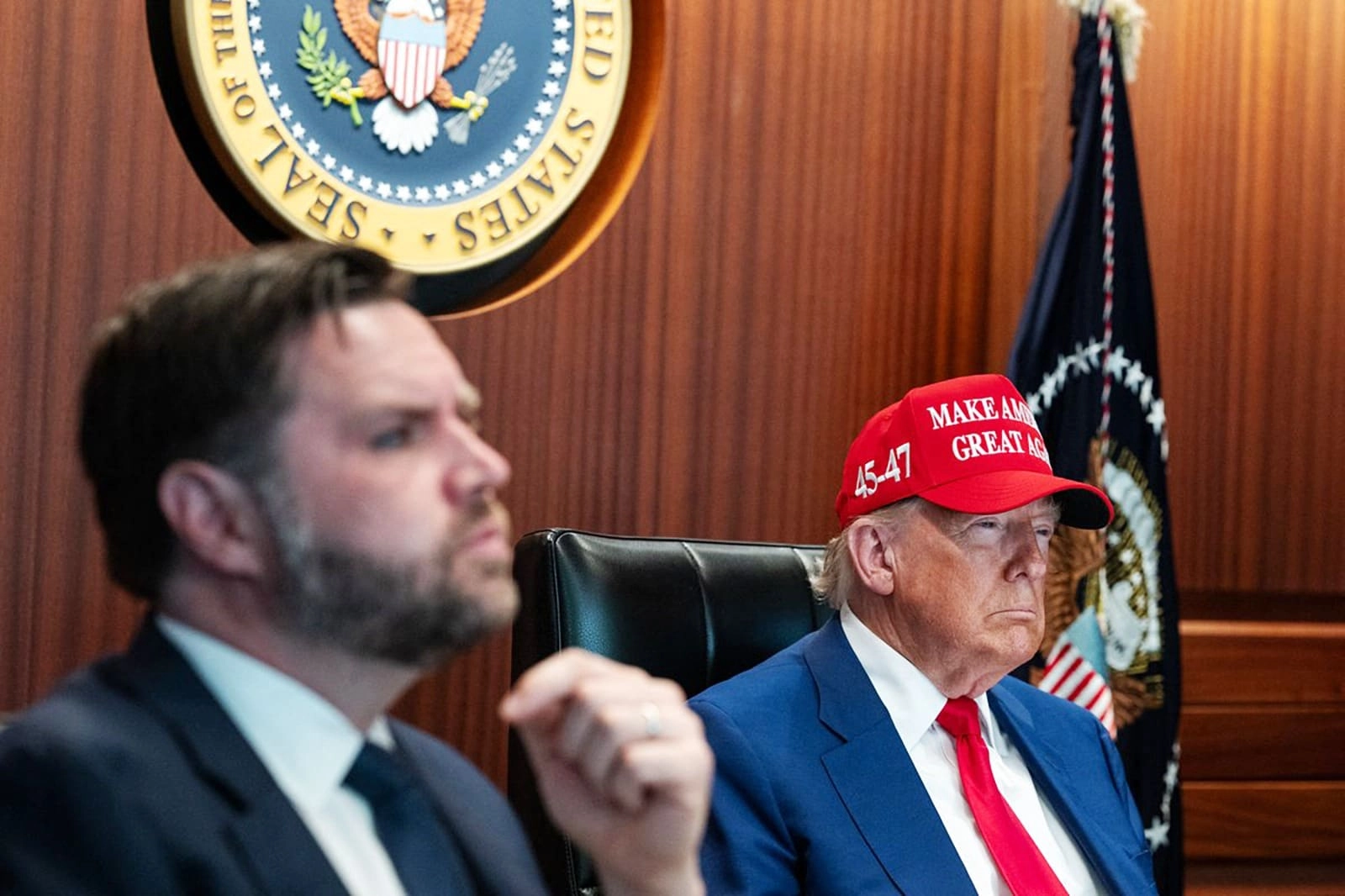The recent remark by JD Vance regarding “Trump is dead” has sparked a significant viral trend, highlighting the complex intersection of politics, social media, and public sentiment. Vance’s comment, described as a “terrible tragedy,” has resonated with many, igniting discussions around the implications of such statements in today’s politically charged environment. The phrase quickly gained traction online, leading to an outpouring of reactions, memes, and interpretations across various social media platforms.
This phenomenon reflects a broader tendency in contemporary political discourse, where sensational statements can rapidly escalate into viral trends. In the age of instant communication, the ability for a single remark to capture public attention underscores the power of social media as a catalyst for both outrage and humor. Users have taken Vance’s words and spun them into a myriad of interpretations, often using satire as a tool to comment on the current political landscape, especially in relation to former President Donald Trump.
Moreover, the trend raises questions about the responsibility of public figures in their choice of language and the potential consequences of their statements. As political rhetoric becomes increasingly polarized, the impact of such comments can extend far beyond their initial context, influencing public opinion and shaping narratives. The virality of Vance’s remark serves as a reminder of the delicate balance between free speech and the potential for harmful misinterpretations in a digital age, where context can easily be lost.
As the conversation continues to unfold, it is evident that this incident is not merely about a single statement but rather a reflection of a larger societal discourse. The interplay between political figures, media, and the public is more intricate than ever, with each remark capable of igniting widespread debate and analysis. As this trend evolves, it will be interesting to observe how it influences both political dialogue and the behavior of those within the political sphere. Ultimately, the phrase “Trump is dead” may serve not only as a commentary on a specific incident but also as a lens through which we can examine the current state of political communication and its implications for the future.




